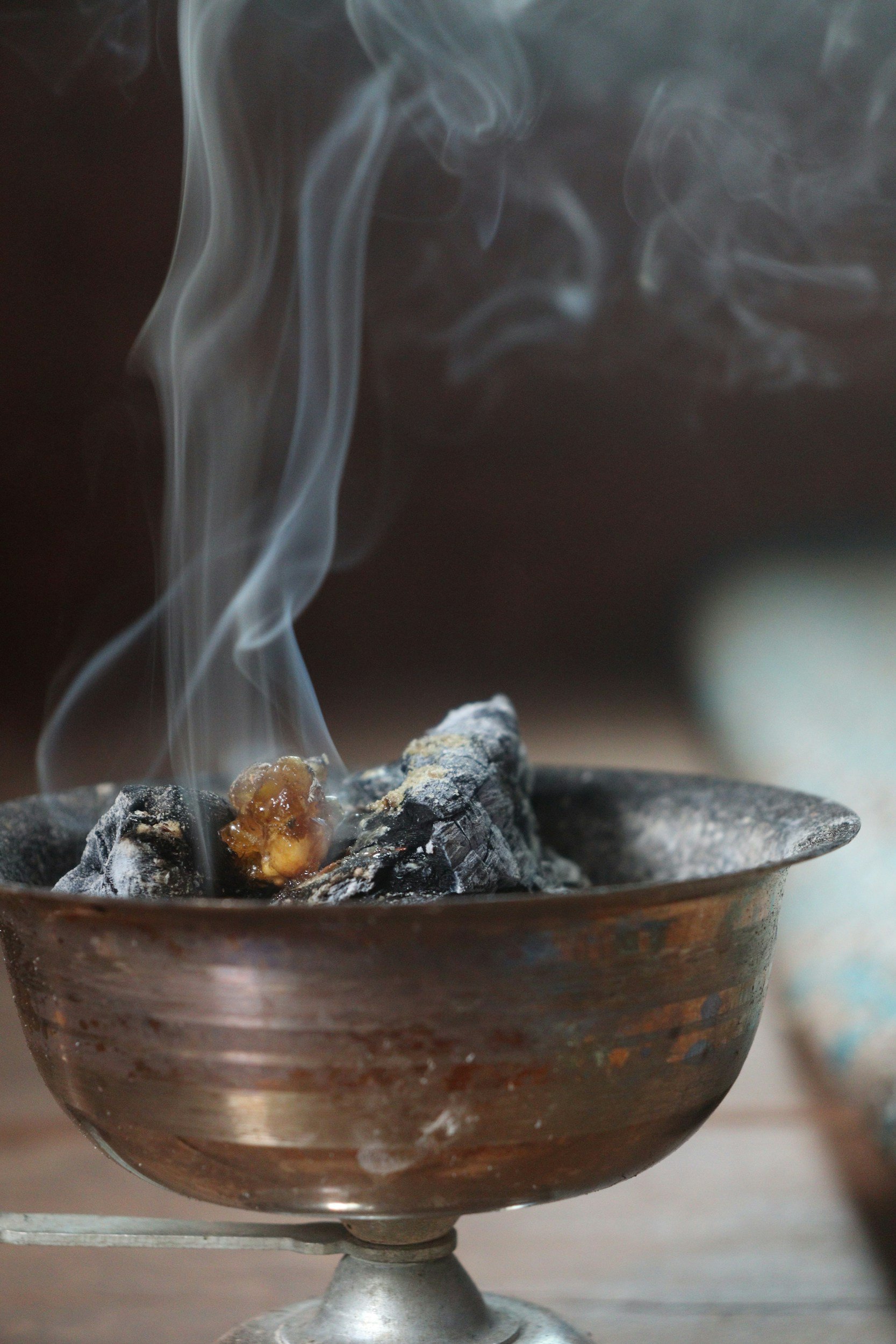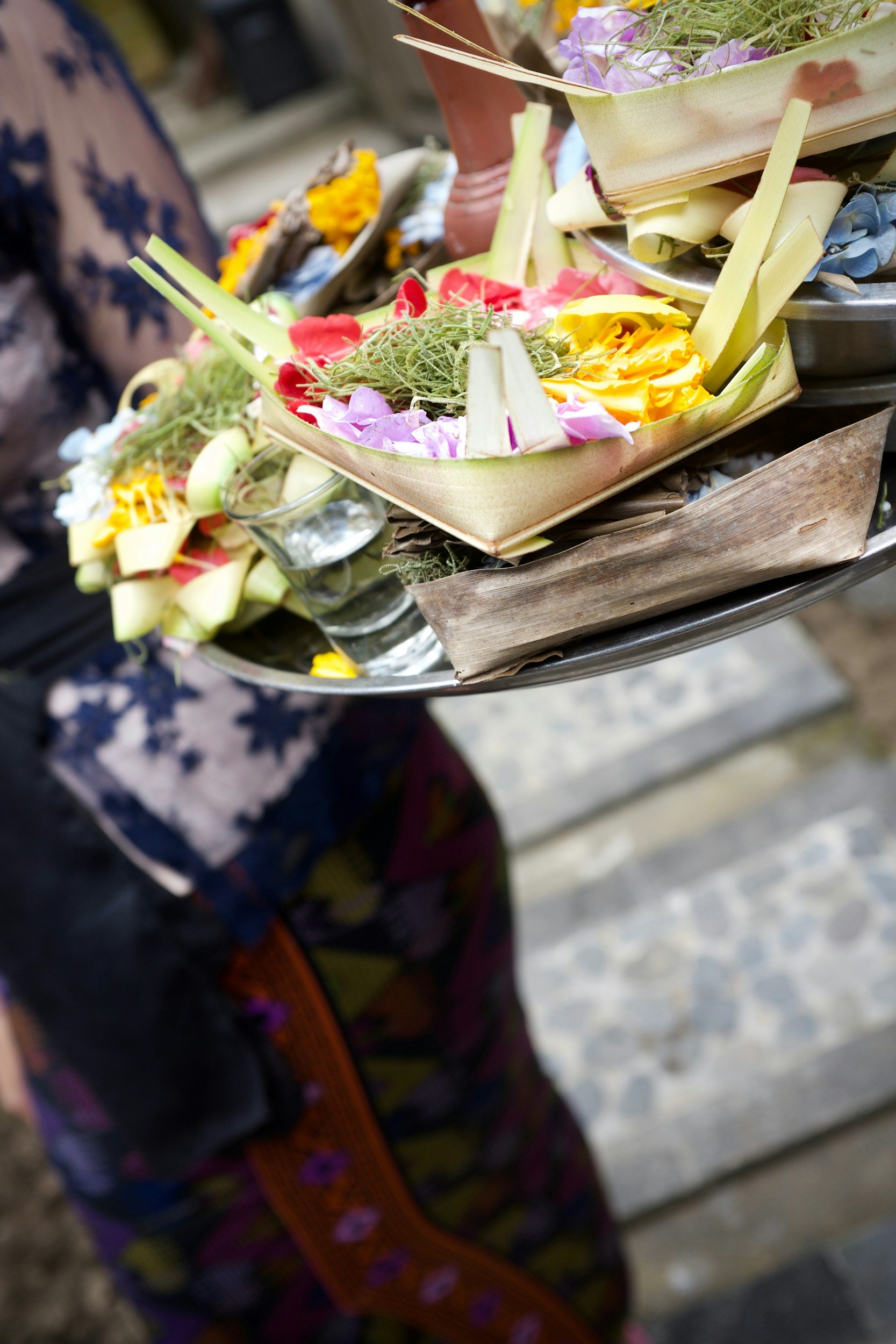The Sacred Practice of Isalaka: Washing One’s Hands through Acts of Philanthropy
In Igbo spirituality, the concept of Isalaka, also known as Salaka, is a sacred practice that revolves around the idea of washing one’s hands by giving unto others, emphasizing acts of philanthropy and selflessness. It is a spiritual and cultural tradition that encourages generosity, compassion, and communal harmony.
At its core, Isalaka is about performing acts of kindness and charity without expecting anything in return. The principle is to do for others things they can never repay you back for, to extend a hand to those who may be unable to reward you or even properly recognize your gift. This selfless giving is seen as a way to cleanse one's spirit, promote positive energy, and build a strong sense of community.
Key Tenets of Isalaka
Selflessness and Generosity: The practice encourages people to give freely and generously, focusing on the act of giving rather than the potential for reciprocation. It encourages a sense of humility and compassion, aligning with the Igbo belief in community.
Gratitude and Abundance: Isalaka reflects a practice of gratitude, recognizing that one has more than enough not just for oneself but also for others. It promotes the idea that true wealth is measured by how much one can share, rather than how much one can accumulate. Aku ruo ulo amalu onye kpatara ya: When wealth reaches home the wealthy person will be known.
Communal Responsibility: In Igbo culture, the well-being of the community is very important. Isalaka underscores the importance of supporting those in need, ensuring that no one is left behind. It reinforces the belief that the prosperity of an individual is tied to the prosperity of the community.
Spiritual Cleansing: The act of giving is seen as a way to cleanse one's spirit, removing negative energies and inviting positive forces into one’s life. It is believed that through acts of philanthropy, people can achieve spiritual purification and growth.
Historical and Cultural Significance
Isalaka has deep roots in Igbo history and culture. Traditionally, acts of charity and communal support were integral to village life. Elders and spiritual leaders usually emphasized the importance of helping others, particularly those who were less fortunate (Ogbenye). This practice was not only a moral obligation but also a means of ensuring social cohesion and harmony.
In ancient times, Igbo communities thrived on the principles of mutual support and collective responsibility. Festivals, ceremonies, and everyday life were imbued with opportunities to practice Isalaka. Whether it was through sharing food, providing shelter, or offering assistance, the spirit of giving was always present.
Modern-Day Practice of Isalaka
In contemporary times, the practice of Isalaka continues to be relevant. Many Igbo people, both within Nigeria and in the diaspora, uphold this tradition through various acts of philanthropy. From community development projects to personal acts of kindness, the essence of Isalaka remains strong.
Those who make it in life are encouraged to take on projects that benefit the less privileged, such as building schools, providing scholarships, and supporting healthcare initiatives. These modern acts of Isalaka reflect the enduring values of generosity and communal support.
To Sum It Up
The sacred practice of Isalaka in Igbo spirituality is a powerful reminder of the importance of selflessness, generosity, and communal responsibility. By giving unto others without expectation of return, people can promote positive energy, and contribute to the well-being of their communities. In a world where material wealth often overshadows human connections, Isalaka stands as a testament to the enduring power of kindness and the timeless impact of giving.
We hope this post encourages everyone who reads it to do something good for those who are less fortunate around them. Leave a comment below if you have a story to share with us or any questions on Isalaka. Yagazie!

Join Odinani Mystery School for access to Exclusive in-depth teachings on ancient Igbo wisdom and mystical sciences!
Sloane Angelou is a multifaceted Igbo strategist, storyteller, and writer with a deep passion for exploring the nuances of human existence through the lens of human experiences.




























